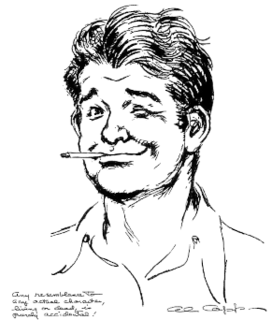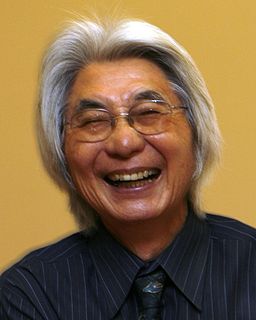A Quote by Muhammad Iqbal
The religion of that prophet [Karl Marx] who knew not the truth, is founded upon equality of the belly.
Related Quotes
To paraphrase Karl Marx, the great Karl Marx, a specter is haunting the streets of Copenhagen...Capitalism is the specter, almost nobody wants to mention it...Socialism, the other specter Karl Marx spoke about, which walks here too, rather it is like a counter-specter. Socialism, this is the direction, this is the path to save the planet, I don't have the least doubt. Capitalism is the road to hell, to the destruction of the world.
Truth as a cultural ideal has functioned as an opiate, perhaps the only serious opiate of the modern world. Karl Marx said that religion was the opiate of the masses. Raymond Aron retorted that Marxist ideas were in turn the opiate of the intellectuals. There is perspicacity in both these polemical thrusts. But is perspicacity truth? I wish to suggest that perhaps truth has been the real opiate, of both the masses and the intellectuals.
Mr. Speaker, in 1848, Karl Marx said, a progressive income tax is needed to transfer wealth and power to the state. Thus, Marx's Communist Manifesto had as its major economic tenet a progressive income tax. Think about it, 1848 Karl Marx, Communism.... I say it is time to replace the progressive income tax with a national retail sales tax, and it is time to abolish the IRS, my colleagues. I yield back all the rules, regulations, fear, and intimidation of our current system.
If a state political organization is founded in part upon a state religion with a dogma based on one or a few 'official' prophets, then shamanism, where every shaman is her or his own prophet, is dangerous to the state. [...] Shamanism, as I said, is not a religion. The spiritual experience usually becomes a religion after politics has entered into it.
There's a sense in which Marx does contribute to the fund of human knowledge, and we can no more dismiss him than we can [George] Hegel or [Jean-Jacques] Rousseau or [Baruch] Spinoza or [Charles] Darwin; you don't have to be a Darwinian to appreciate Darwin's views, and I don't have to be a Marxist to appreciate what is valid in a number of [Karl] Marx's writings-and Marx would call that a form of simple commodity production rather than capitalism.
After reading The Great Transformation by Karl Polanyi, I realized that capitalism did not naturally grow as [Karl] Marx would imply by his theory of historical materialism. People were dragged into capitalism screaming, shouting, and fighting all along the way, trying to resist this industrial and commercial world.



































